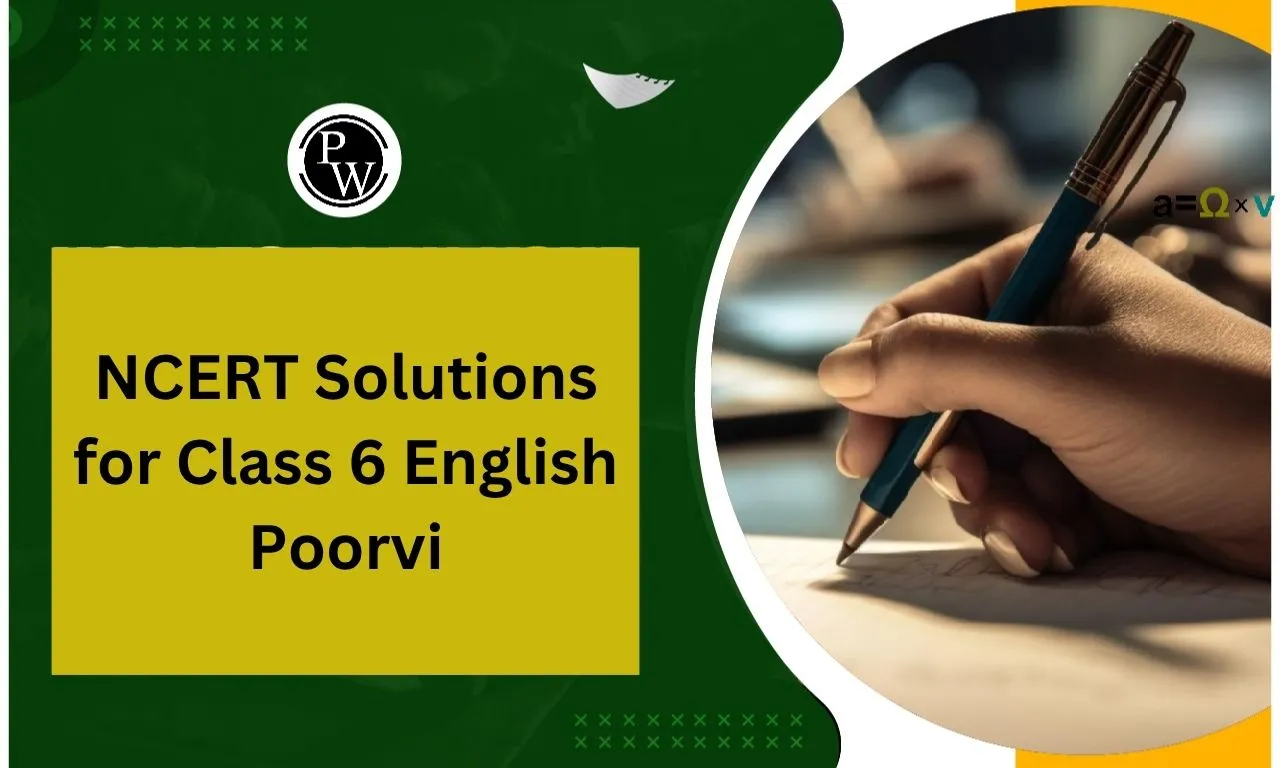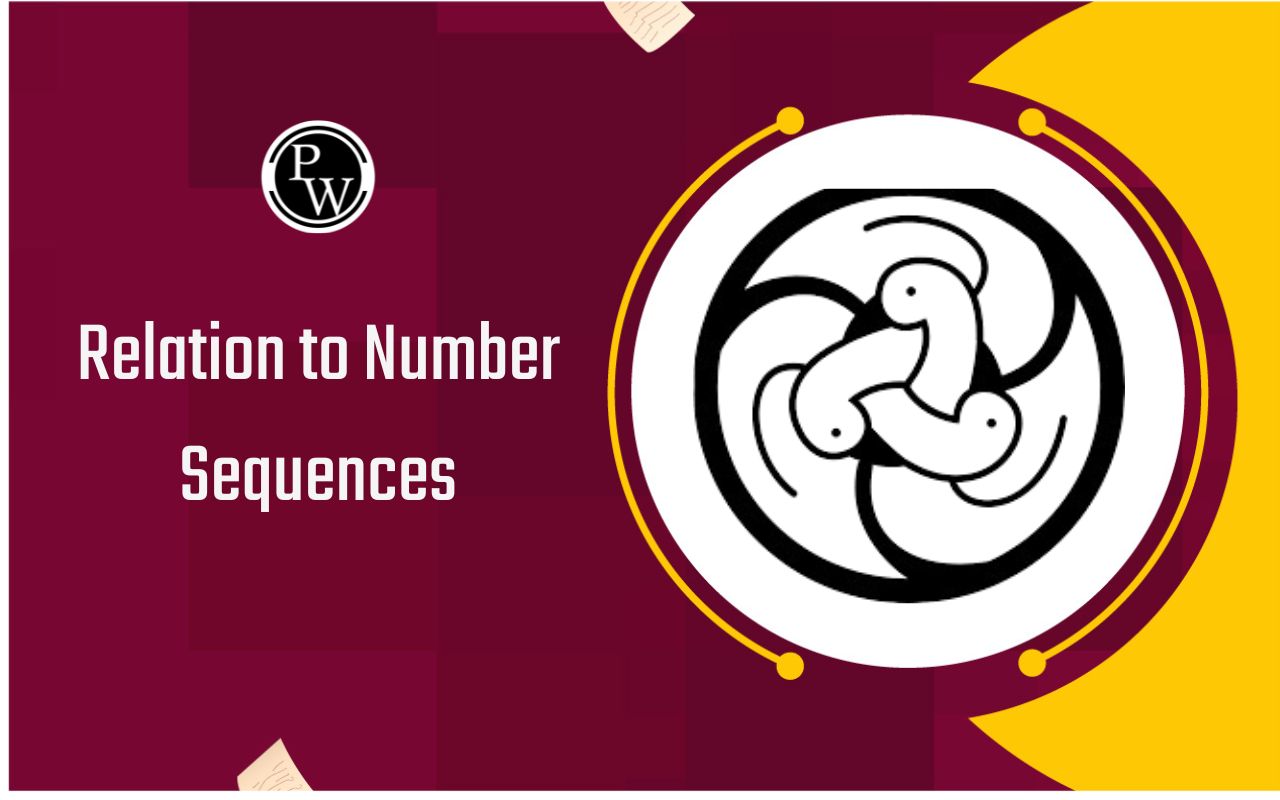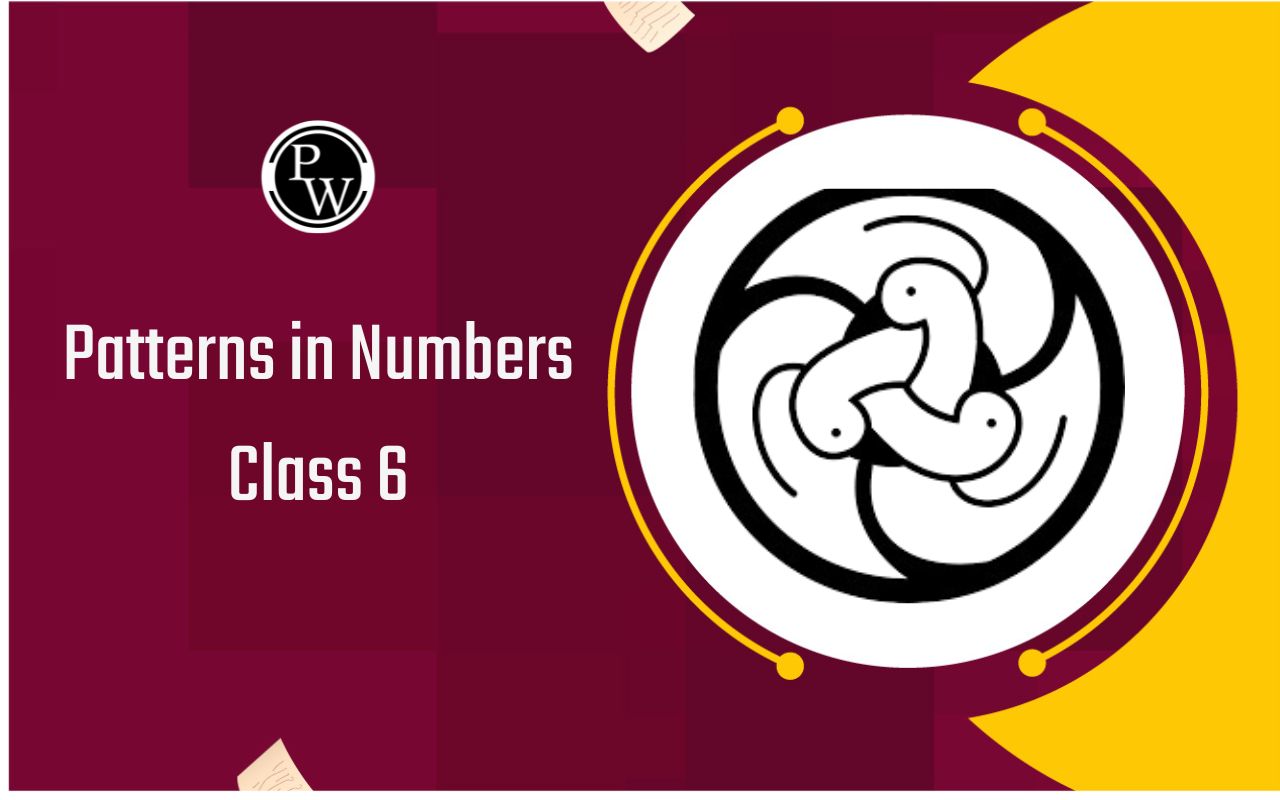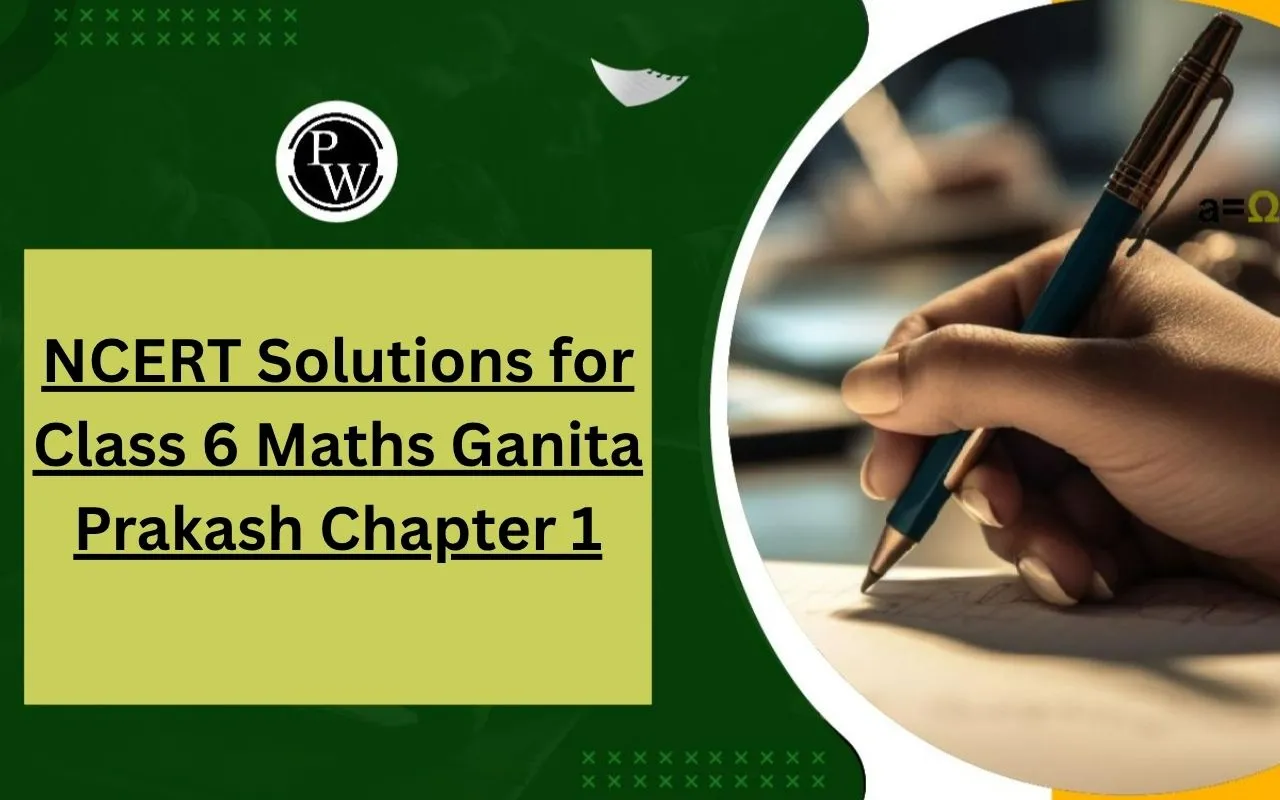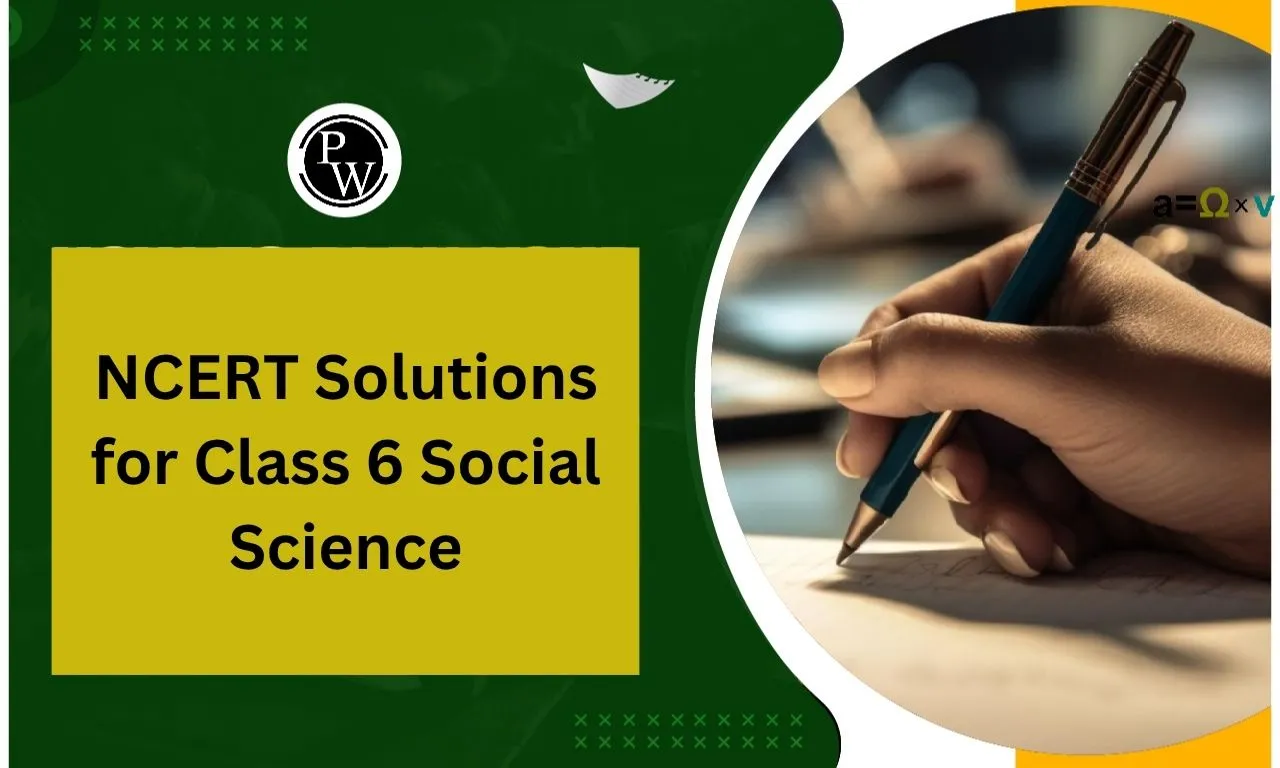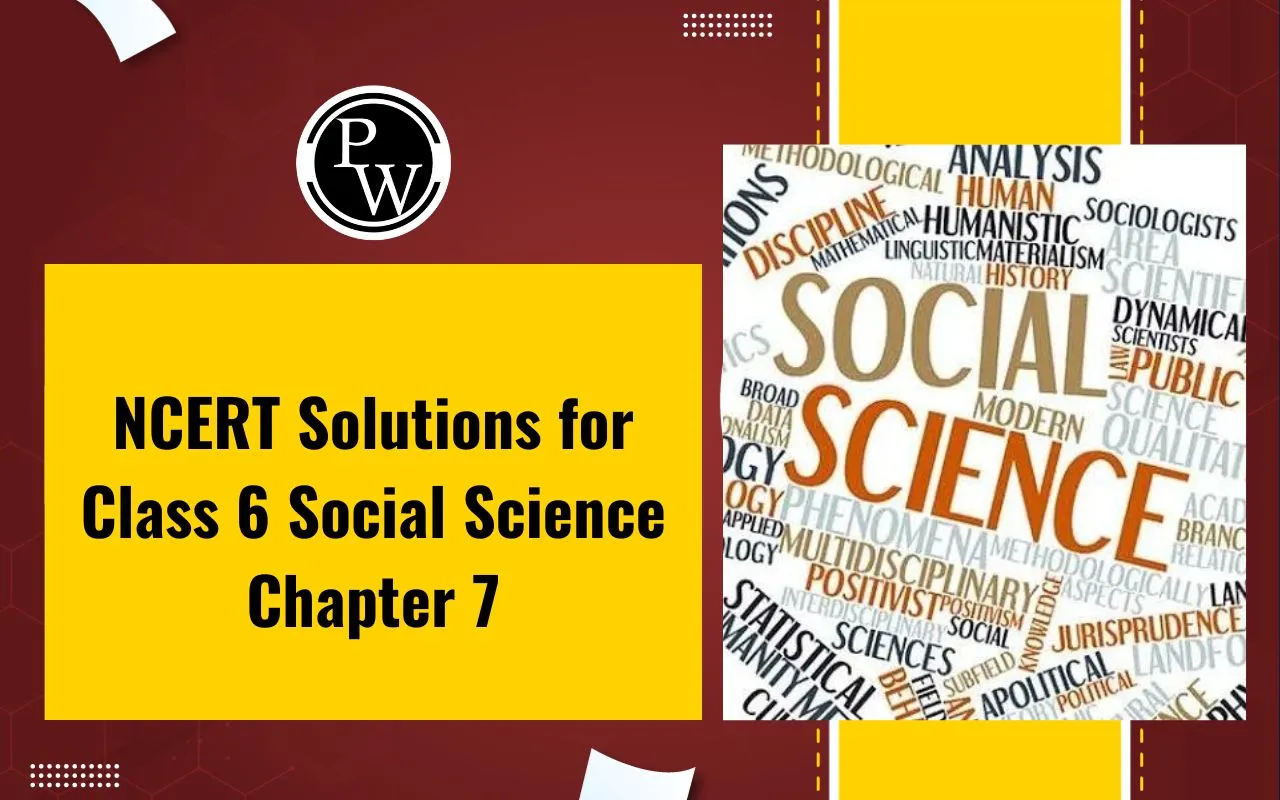
NCERT Solutions for Class 6 English Honeysuckle Chapter 6
NCERT Solutions for Class 6 English Honeysuckle Chapter 6: Are you a student of class 6 struggling to understand the concepts and themes in your English Honeysuckle textbook? Do you find yourself constantly looking for solutions to the exercises at the end of each chapter? Well, fret not because we have got you covered. In this blog post, we will be delving into one of the most interesting chapters from NCERT Solutions for Class 6 English Honeysuckle - Who I Am. As we begin our journey into the world of literature with NCERT Solutions For Class 6 English Honeysuckle, it is essential to understand that the purpose of reading goes beyond mere academic excellence. And what better way to start than with a chapter titled "Who I Am"? This chapter from Honeysuckle explores the concept of self-identity through relatable yet enigmatic poems and stories that will prompt young minds to introspect. So let's dive in and discover who we are through these engaging NCERT solutions for class 6 English!NCERT Solutions for Class 6 English Honeysuckle
NCERT Solutions For Class 6 English Honeysuckle Chapter 6 Overview
Class 6 English Honeysuckle Chapter 6, titled 'Who am I,' holds significant importance in the curriculum. Given its potential relevance to the final examination, it is imperative for students to grasp the essence of this chapter thoroughly. Anticipating that several questions might be posed from this chapter in the exam, it becomes essential for students to meticulously comprehend the covered questions. Physics Wallah provides NCERT Solutions for Class 6 English Honeysuckle Chapter 6 in a downloadable PDF format on this page. These solutions are crafted by experienced educators, aiming to assist students in achieving a comprehensive understanding of the chapter.NCERT Solutions For Class 6 English Honeysuckle Chapter 5
NCERT Solutions for Class 6 English Honeysuckle Chapter 6 Who I Am
Chapter 6 of the Class 6 English Honeysuckle textbook, titled "Who I Am," delves into self-discovery and introspection. This chapter encourages students to explore and express their identity, emotions, and unique characteristics. The key concepts covered in this chapter are vital for understanding the central theme and answering related questions.- Self-Exploration: The chapter revolves around the theme of self-exploration, prompting students to reflect on their personalities, emotions, and interests.
- Expressing Identity: Students are encouraged to express their identity through words and creatively describe who they are.
- Verses and Rhymes: The use of verses and rhymes adds a poetic and rhythmic element to the chapter, making it engaging for young readers.
- Emotional Awareness: The chapter promotes emotional awareness, urging students to recognize and articulate their feelings and experiences.
- Creative Writing: Through the exploration of identity, students are introduced to creative writing as they construct sentences and verses about themselves.
- Literary Devices: The chapter incorporates literary devices such as rhyming words, metaphors, and similes, enhancing the literary experience for students.
- Artistic Expression: Students are given the opportunity to artistically express their identity, fostering creativity and self-confidence.

NCERT Solutions For Class 6 English Honeysuckle Chapter 6 Questions and Answers
1) Why does Radha's mother initially ask her not to climb trees? Radha's mother initially asks her not to climb trees due to traditional beliefs or concerns about safety. It might be influenced by societal norms or the perception that certain activities are more suitable for boys. 2) How does climbing a tree make Radha feel? Climbing a tree makes Radha feel empowered and as if she can rule the whole world. It provides her with a sense of freedom and joy.NCERT Solutions for Class 6 English Honeysuckle Chapter 7
3) What motivates Nasir to learn about preserving seeds? Nasir is motivated to learn about preserving seeds because he realizes that his grandfather used to collect seeds from his own plants to grow new ones. Nasir wants to understand why this method doesn't work well in the present day and wishes to preserve seeds to avoid yearly expenses. 4) Why does Nasir find it challenging to use seeds from his own plants like his grandfather did? Nasir finds it challenging because the traditional method of using seeds from his own plants doesn't yield successful results in the current scenario. There might be changes in the environment, soil conditions, or other factors affecting the viability of seeds. 5) If Rohit could afford it, where would he like to travel? If Rohit could afford it, he would like to travel around the world, exploring various places and experiencing different cultures. 6) What places around the world are on Rohit's travel wishlist? Rohit's travel wishlist includes the mountains of New Zealand, the Amazon River in South America, the beaches of Lakshadweep, the Konark Temple in Orissa, and the Pyramids of Egypt. 7) Why is Serbjit angry with people around him? Serbjit is angry with people around him because they don't trust him, particularly when he speaks the truth. His teacher and parents often doubt his honesty, which frustrates him.NCERT Solutions for Class 6 English Honeysuckle Chapter 1
8) Give an example from the story that shows Serbjit's struggle with controlling his anger. An example from the story is when Serbjit tries to explain to his teacher that he couldn't do his homework because Ravi borrowed his book. However, the teacher doubts him, adding to Serbjit's struggle to control his anger. 9) What is Dolma's ambition, and what does she want to achieve for the country? Dolma's ambition is to become the Prime Minister. She wants to serve the country by holding a position of leadership and contributing to the betterment of everyone. 10) Why do Dolma's classmates and teachers trust her? Dolma's classmates trust her because they come to her when they have problems, and her teachers trust her to get things done in school. She demonstrates leadership qualities, earning the trust of those around her. 11) Why does Peter love the second Sunday of every month? Peter likes the second Sunday of every month because it's a family outing day. His father takes the whole family to the cinema, creating a happy and enjoyable atmosphere. 12) Describe the family outing that Peter enjoys on the second Sunday. The family outing involves going to the cinema, where they watch a film together. Peter enjoys eating peanuts during the movie. Afterward, the family shares ice cream, creating a joyful and bonding experience.NCERT Solutions for Class 6 English Honeysuckle Chapter 8
NCERT Solutions For Class 6 English Honeysuckle Chapter 6 Who I Am Exercise Questions
Here are the NCERT Solutions for Class 6 English Honeysuckle Chapter 6 - Who I Am: Answer the following questions. 1) Peter’s beloved day of the week is Sunday because ______ Answer: The whole family goes to the cinema hall to watch a film. 2) Nasir wants to learn______ Answer: How to preserve seeds so that they can be used again instead of spending money every year. Write True or False against each of the following statements. 1) Peter is an only child.- False: The text doesn't provide information about whether Peter has siblings.
- False: While Serbjit does experience anger, there is no mention in the text that he shouts at people.
- False: Nasir lives in a village where his family has cotton fields.
- True: Radha's mother climbs a tree with her one afternoon, showing enjoyment in sharing this activity.
NCERT Solutions for Class 6 English Honeysuckle Chapter 2
Fill in the blanks to name the intelligence.(i) When I enjoy dancing or physical activity, I used my ______________ intelligence.
Answer: bodily(ii) When I enjoy scanning at maps and analyzing pictures, I use my ______ intelligence.
Answer: visual(iii) When I enjoy with numbers & solving math problems, I use my ________intelligence.
Answer: mathematical (iv) When I enjoy telling a story or questioning, I use my __________ intelligence. Answer: verbalNCERT Solutions for Class 6 English Honeysuckle Chapter 9
Working with the Language Match the following:- Navigator (c) Finds and monitors the route to get to a place, or the direction of travel.
- Composer (i) Makes up notes to create music.
- Politician (b) Works in politics, usually by standing for election.
- Engineer (h) Designs and builds things like roads, bridges or engines.
- Architect (e) Plans the design of a building, town or city.
- Athlete (g) Works in sports or activities such as running, jumping, etc.
- Disk Jockey (f) Controls and puts together a programme of music.
- Counsellor (a) Advises people what to do about jobs, personal problems, etc.
- Computer Programmer (j) Designs the system by which a computer runs or gives information.
- Journalist (d) Reports on recent news for newspaper, radio, or TV.
- What I enjoy doing most
- What makes me angry
- What I hate to do
- What I want to become
- People-finders group:
- Picture-finders group:
- Traditional norms and values may differ, and it is essential to respect them.
- Climbing trees might pose physical risks, and parents may be concerned for their safety.
- Encouraging other safer activities for girls may align with societal expectations.
NCERT Solutions for Class 6 English Honeysuckle Chapter 10
2. Now divide the class into two groups. Execute to the rest of the class the opinion of Radha who imagines there is no harm in girls climbing trees and of her mother who thinks girls should not do this. Answer: Girls should be able to climb trees if they wish- Girls should be given a chance to do whatever they wish to: In a society that values equality, it is crucial to provide equal opportunities to both genders. Restricting activities based on gender perpetuates stereotypes and limits individual growth.
- Stopping girls from climbing a tree is an example of the patriarchal society where girls are considered inferior to boys: The notion that certain activities are exclusive to a particular gender stems from outdated patriarchal norms. Allowing girls to climb trees challenges such stereotypes and promotes gender equality.
- Change comes from small steps. Avoiding discrimination between boys and girls at a younger stage is the way to make huge societal changes: By fostering inclusivity and breaking gender barriers in childhood, society can progress towards a more egalitarian future. Empowering girls to explore diverse activities contributes to positive societal transformation.
Girls should not be allowed to climb trees
- Traditional norms and values may differ, and it is essential to respect them: Society is diverse, and cultural norms vary. Respecting traditional values is crucial, and some communities may have specific beliefs about gender-appropriate activities.
- Climbing trees might pose physical risks, and parents may be concerned for their safety: Parents' concerns for their children's safety are valid. Climbing trees involves potential physical risks, and parents may guide their children towards safer activities to ensure their well-being.
- Encouraging other safer activities for girls may align with societal expectations: Channeling girls towards activities that align with societal expectations can provide a sense of security and conformity. It may be a way to navigate within established cultural norms.
NCERT Solutions for Class 6 English Honeysuckle Chapter 3
NCERT Solutions For Class 6 English Honeysuckle Chapter 6 Who I Am Summary
The chapter "Who I Am" explores the unique qualities, dreams, and personalities of six different individuals, highlighting the diversity of people and their aspirations.1) Radha's Connection with Trees:
Radha loves climbing trees, a passion her mother initially disapproves of. However, Radha feels a sense of empowerment and freedom when she's atop a tree, describing the experience as if she can "rule the whole world."2) Nasir's Curiosity:
Nasir, a boy with cotton fields in the village, is curious about preserving seeds. He learns that his grandfather used to collect seeds, but Nasir faces challenges in replicating the process. His curiosity reflects a desire to understand traditional agricultural practices.3) Rohit's Travel Dreams:
Rohit dreams of traveling around the world if he could afford it. His wishlist includes places like the mountains of New Zealand, the Amazon River in South America, beaches of Lakshadweep, Konark Temple in Orissa, old city of Beijing in China, and the Pyramids of Egypt.4) Serbjit's Anger Issues:
Serbjit struggles with anger issues, primarily stemming from the lack of trust from those around him. He faces disbelief when speaking the truth, and his efforts to control his anger are evident in the story.5) Dolma's Ambition:
Dolma aspires to become the Prime Minister, driven by her ambition to serve the country. Her classmates and teachers trust her leadership qualities, making her a reliable figure in school.6) Peter's Favorite Day:
Peter cherishes the second Sunday of every month, a day when his entire family goes for an outing to the cinema. The family watches a film, enjoys peanuts, and shares ice cream, creating a joyful and bonding experience. In summary, "Who I Am" celebrates the diversity of interests, dreams, and personalities among individuals, emphasizing that each person is unique in their own way. The stories of Radha, Nasir, Rohit, Serbjit, Dolma, and Peter provide glimpses into the rich tapestry of human experiences and aspirations.NCERT Solutions for Class 6 English Honeysuckle Chapter 4
NCERT Solutions For Class 6 English Honeysuckle Chapter 6 PDF Download
NCERT Solutions for Class 6 English Honeysuckle Chapter 6 are a valuable resource for students looking to excel in their studies. The detailed and comprehensive explanations provided in these solutions make understanding the concepts a breeze. Not only do these solutions help in scoring well in exams, but they also promote a deeper understanding of the subject matter. However, it's not just about scoring good grades, it's about truly understanding and enjoying the subject. And that is where Physics Wallah notes and solutions come into play. With their engaging teaching methods and easy-to-understand notes, Physics Wallah has become a go-to platform for students seeking quality education. So if you're looking to excel in your academic journey, don't hesitate to check out Physics Wallah's notes and solutions - they truly are the best!NCERT Solutions For Class 6 English Honeysuckle Chapter 6 PDF Download
NCERT Solutions for Class 6 English Honeysuckle Chapter 6 FAQs
Why does Radha's mother initially ask her not to climb trees?
How does climbing a tree make Radha feel?
What motivates Nasir to learn about preserving seeds?
Why does Nasir find it challenging to use seeds from his own plants like his grandfather did?
If Rohit could afford it, where would he like to travel?


